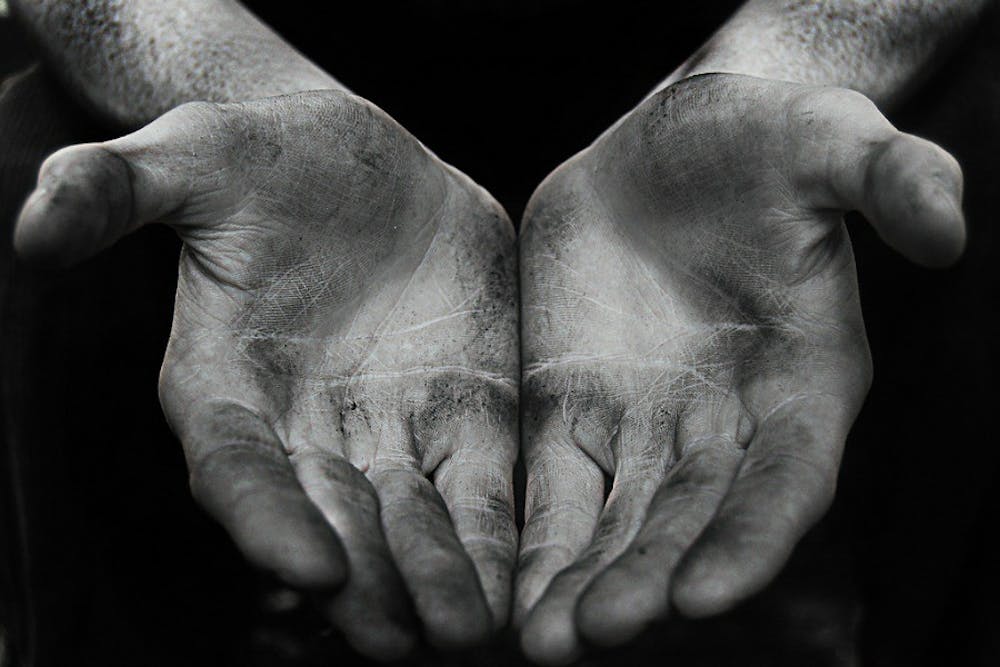By Bonnie Meibers, For The Miami Student
In the wake of the highly publicized video showing University of Oklahoma's Sigma Alpha Epsilon (SAE) chapter chanting racial slurs, three Greek organizations met to discuss race relations at Miami. Though Oklahoma is almost a thousand miles away, the racism there hit close to home for many of Miami's minority students.
Alpha Omicron Pi, Delta Sigma Phi and Alpha Phi Alpha held the "Conversation on Race," Monday Mar. 16.
"We do this because our mission is to try and make the community better," Ryan Thomas, president of Delta Sigma Phi, said.
While the Conversation on Race is certainly a start, many say Miami still has a long way to go.
Students in the Office of Diversity Affairs laugh at the idea of racism being erased on campus.
"Go back to where you came from, n**ger!" or "Can you speak Ebonics?" are just some of the racist remarks these students say they experience on a regular basis.
"It has become so normal to me that sometimes I forget these things happen," Miami University senior, Stephanie Harris, said.
Both panelists and audience members expressed sentiments such as these at the Conversations on Race.
Panelists were graduate students Kristen Vega and David Mooring, Gerald Yearwood from the Office of Diversity Affairs, visiting professor Rondee Gains, Diversity Affairs Council (DAC) member Magda Orlander and Whitney Felder, Miami University junior and president of the Black Student Action Association.
The panelists examined the questions, "Is the SAE video a threat to minority students?" "What is race and how did it come about?" and"How does race play a role at Miami University?"
Most panelists agreed the video itself is not dangerous, but attitudes represented in the video are.
Enjoy what you're reading?
Signup for our newsletter
"Nobody on that bus stood up and said 'this isn't right,'" Orlander said. "If we don't resist the racism, we participate."
White students make up more than 80 percent of Miami's campus, according to the university's website.
Social media, like the anonymous Yik Yak app, can serve as a catalyst for both positive and negative remarks on racism. After the December die-in on campus, in which students of all races laid on the floor of Armstrong Student Center to protest police brutality in Ferguson, Missouri, there was backlash on the site.
Posts like "I think they're really protesting the 3/5 reduction of the pulley menu," and others downplayed the importance of what the protesters were doing and received numerous "up-votes" following the die-in.
"One time someone asked me, 'Why do [racist comments on Yik Yak] matter if you don't know who it is?'" Harris said. "It matters because it is representative of the atmosphere on Miami's campus."
University of Oklahoma president, David Boren, responded to the fraternity's chant by calling their actions "reprehensible" and the students "disgraceful." He then cut all ties between Oklahoma University and SAE.
One reason that racism persists in today's society is the nature of these reactions, Ifeolu Claytor, DAC vice president said.
"It is never, 'let's promote positive culture,' it is always 'let's fight back on this negative issue," Claytor said.
Many at the discussion agreed racism remains because of the lack of education and openness, as well as reactionary approaches to addressing the issue, as opposed to proactive.
Most also agreed that though it will be an uphill battle, they have hope the day will come when race is no longer a division.
"I see a point where we will all blend together, but we're not there yet," Taliaferro-Baszille said.




